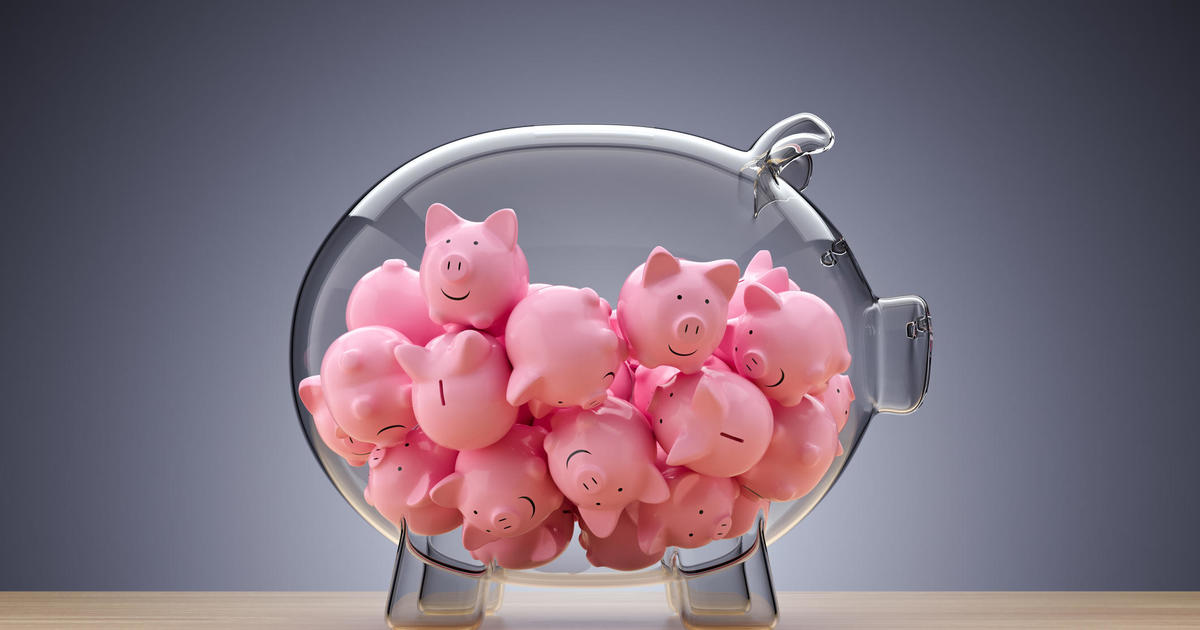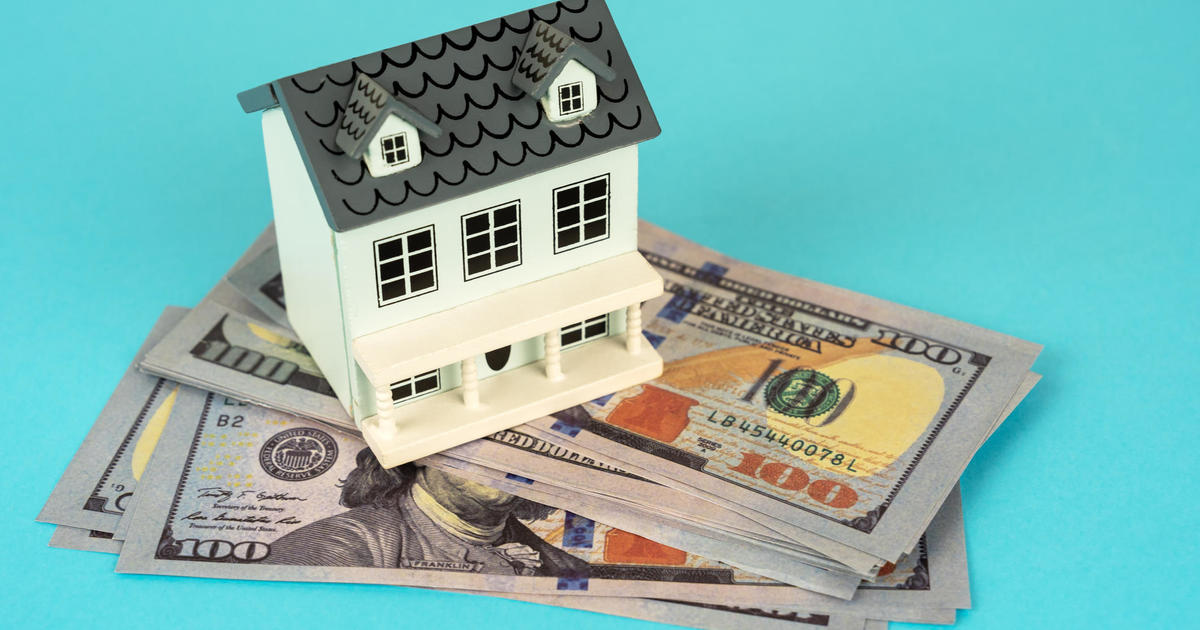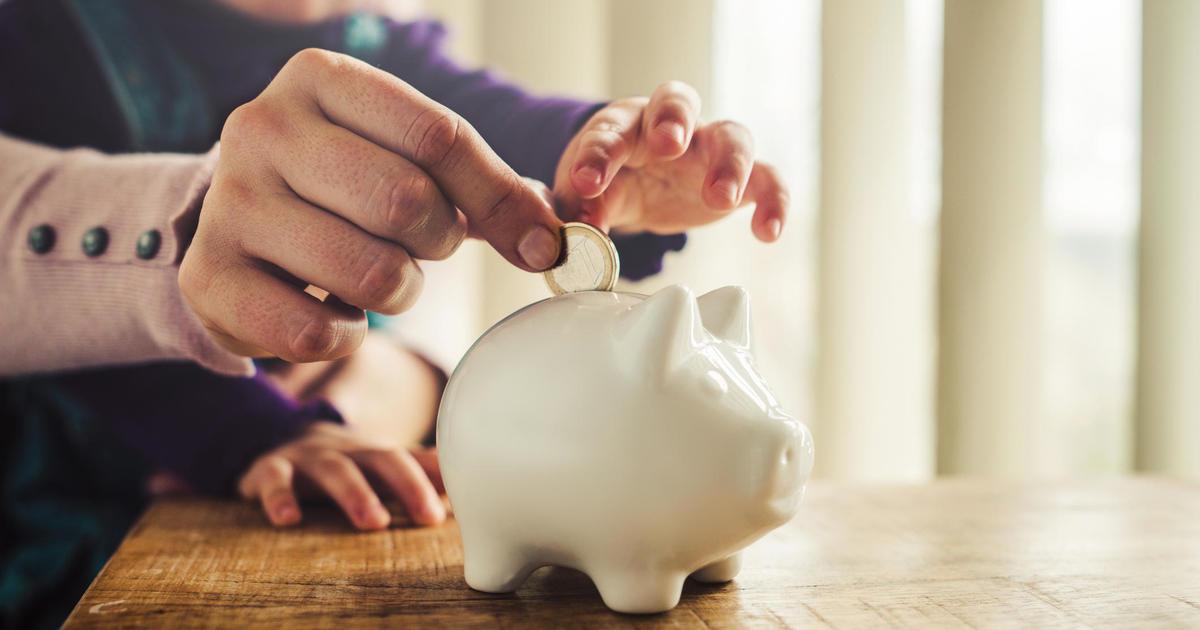Federal Reserve hikes interest rates by another 0.25%
The Federal Reserve increased short-term interest rates by a quarter percentage point on Wednesday, and outlined a plan to trim its massive bond holdings amassed to bolster a recession-weakened economy.
The Fed's rate hike, to a 1.0-to-1.25 percent range, comes as the economy gives off mixed growth signals, with gross domestic product expansion at a mere 1.2 percent in the first quarter but unemployment at a low 4.3 percent in May. "The economy will continue to expand," Fed Chairwoman Janet Yellen said at a news conference, adding that job growth was "solid."
Meanwhile, the inflation rate is still below the 2 percent level that the Fed deems necessary for a healthy, growing economy and stable prices. The personal consumption expenditures measure, the Fed's preferred measure, inched up 1.7 percent in April, versus the year before.
The latest action of the Fed's policy-making panel, called the Federal Open Market Committee, marked the fourth increase in a gradual sequence that began in December 2015. The Fed paused after that, as tumult like Britain's vote to exit the European Union, jolted the financial world. It resumed last December with a 0.25% raise and added another 0.25% boost in March.
"We're not moving so aggressively as to put a brake on continued improvement in the labor market," Yellen said.
This latest in a series of raises is a reversal of the Fed's action to combat the financial crisis and the Great Recession. In 2007, as the economy worsened, the benchmark federal funds rate was 5.25 percent. The central bank began lowering it to near zero by the end of 2008.
Also as a result of the financial crisis, the Fed also started an unprecedented stimulus program to buy long-term bonds -- Treasuries and mortgage-backed securities -- in a bid to keep down long-term rates, and thus spur business and consumer borrowing and spark economic growth. From asset holdings of $900 billion before the recession, the Fed ended up expanding its balance sheet to $4.5 trillion.
On Wednesday, the Fed indicated that it would decrease the bond holdings eventually by $50 billion per month, or $600 billion per year. That should help long-trim bond yields to rise. But the process will be gradual, and take "years" to accomplish, she said, adding "like watching paint dry."
Exactly when the next rate increase will be is a matter of conjecture. But the Fed indicated it likely would increase short-term rates one more time this year, and three times in 2018.
All along, Yellen has made a point of wanting to assess how the economy was behaving before moving again. "They don't want to be in any hurry," said Jason Browne, chief investment officer of FundX Investment Group. Many investors recall how the Fed in 1994, fearing inflation, quickly doubled rates to 6 percent, which slammed the bond market.
In that spirit, the Fed also wants to unload its bond holdings gradually, so not to disrupt the markets. "They're going to tiptoe into it until they can normalize things," said Jim Brilliant, portfolio manager of the CM Advisors Fixed Income (CMFIX).
Low rates have been a tonic for the stock market, because they spur investors to buy shares in hopes of gaining better returns than they'd get from fixed-income assets. When the Fed announced it wanted to wind down its bond purchasing in 2013, raising the prospect of higher bond yields, stocks sank. Lately, however, stock investors have gotten used to the notion of increasing rates.
Since the last Fed bond buy in late 2014, the S&P 500 has gained 10.2 percent on an annual basis, said Allen Bond, co-portfolio manager of the Jensen Quality Growth Fund (JENSX). And since the first rate increase of this cycle, in December 2015, the S&P rose 13.4 percent annualized. As Bond explained, the "waning Fed support forced investors to judge stocks by their fundamental and valuation characteristics."



